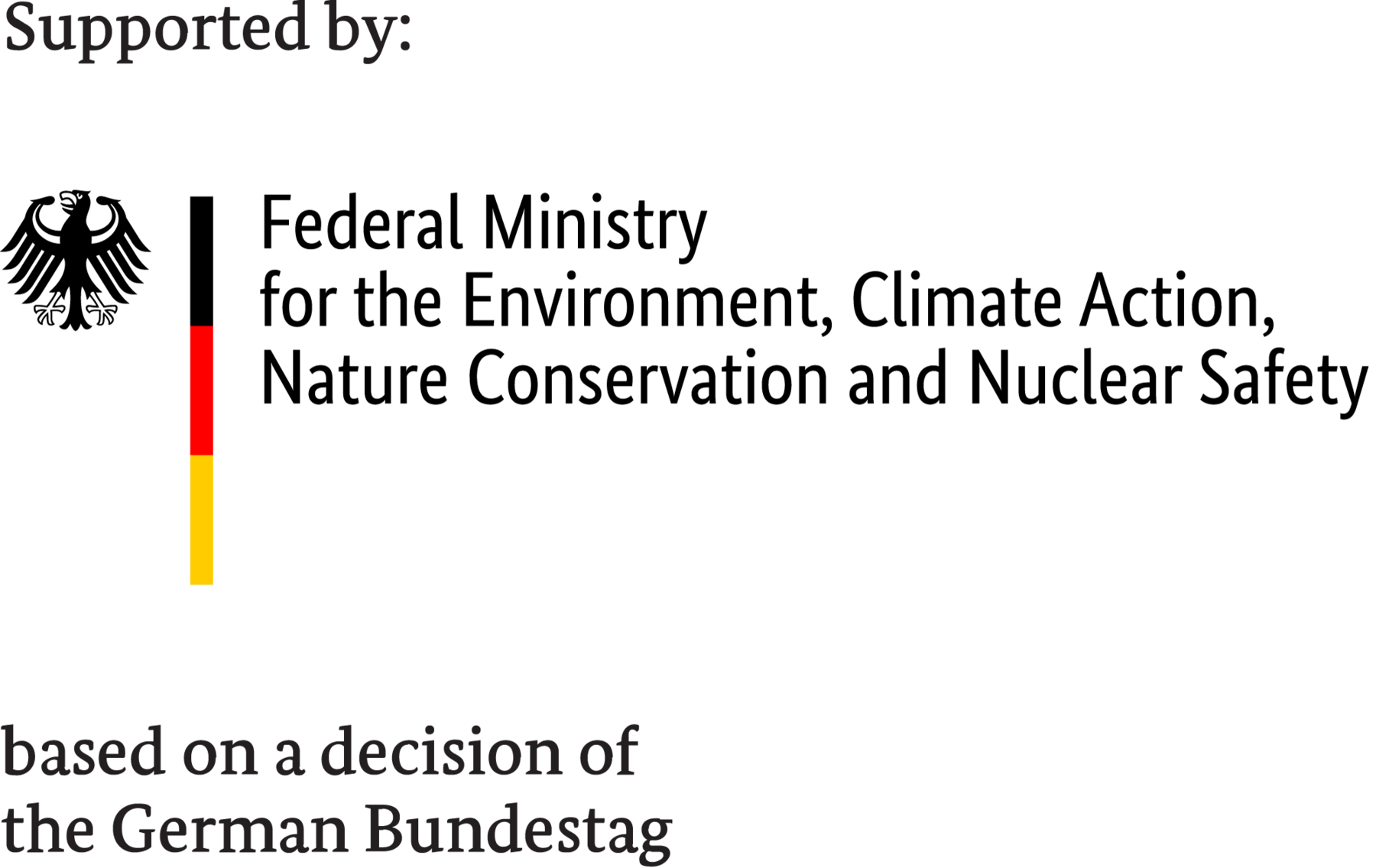Data protection
We have written this data protection declaration (version 30.12.2019) in order to explain to you in accordance with the provisions of the General Data Protection Regulation (EU) 2016/679 what information we collect, how we use data and what decision options you have as a visitor to this website.
Unfortunately, it is in the nature of things that these explanations sound very technical, but we tried to describe the most important things as simply and clearly as possible.
Automatic data storage
When you visit websites these days, certain information is automatically created and saved, including on this website.
If you visit our website as you are now, our web server (computer on which this website is stored) automatically stores data such as
- the address (URL) of the website accessed
- Browser and browser version
- the operating system used
- the address (URL) of the previously visited page (referrer URL)
- the host name and the IP address of the device from which it is accessed
- Date and Time
in files (web server log files).
Usually web server log files are saved for two weeks and then automatically deleted. We do not pass on this data, but we cannot rule out that this data will be viewed in the event of illegal behavior.
The legal basis according to Articel 6 Paragraph 1 f DSGVO (lawfulness of processing) is that there is a legitimate interest in enabling the error-free operation of this website by recording web server log files.
Storage of personal data
Personal data that you transmit to us electronically on this website, such as name, email address, address or other personal information in the context of the transmission of a form or comments in the blog, will be collected by us together with the time and the IP address. Address used only for the specified purpose, kept safe and not passed on to third parties.
We therefore use your personal data only for communication with those visitors who expressly request contact and for the processing of the services and products offered on this website. We will not pass on your personal data without consent, but we cannot rule out that this data will be viewed in the event of illegal behavior.
If you send us personal data by e-mail - thus outside of this website - we cannot guarantee secure transmission and protection of your data. We recommend that you never send confidential data unencrypted by email.
The legal basis according to Articel 6 Paragraph 1 a DSGVO (lawfulness of processing) is that you give us your consent to the processing of the data you have entered. You can revoke this consent at any time - an informal email is sufficient, you will find our contact details in the legal notice.
Rights under the General Data Protection Regulation
According to the provisions of the GDPR, you have the following basic rights:
- Right to rectification (Article 16 DSGVO)
- Right to erasure ("right to be forgotten") (Article 17 DSGVO)
- Right to restriction of processing (Article 18 DSGVO)
- Right to notification - notification obligation in connection with the correction or deletion of personal data or the restriction of processing (Article 19 DSGVO)
- Right to data portability (Article 20 DSGVO)
- Right to object (Article 21 DSGVO)
- Right not to be subject to a decision based solely on automated processing - including profiling (Article 22 DSGVO)
If you believe that the processing of your data violates data protection law or your data protection claims have otherwise been violated in any way, you can contact the Bundesbeauftragte für den Datenschutz und die Informationsfreiheit (BfDI) .
Evaluation of visitor behavior
In the following data protection declaration we inform you whether and how we evaluate data from your visit to this website. The data collected is usually evaluated anonymously, and we cannot conclude that you are a person based on your behavior on this website.
You can find out more about the possibilities to object to this evaluation of the visit data in the following data protection declaration.
TLS encryption with https
We use https to transfer data securely on the Internet Articel 25 Paragraph 1 DSGVO). By using TLS (Transport Layer Security), an encryption protocol for secure data transmission over the Internet, we can ensure the protection of confidential data. You can recognize the use of this data transfer protection by the small lock symbol in the top left of the browser and the use of the https scheme (instead of http) as part of our Internet address.
Twitter privacy policy
We have incorporated Twitter functions on our website. These are, for example, embedded tweets, timelines, buttons or hashtags. Twitter is a short message service and social media platform from Twitter Inc., One Cumberland Place, Fenian Street, Dublin 2 D02 AX07, Ireland.
To our knowledge, in the European Economic Area and Switzerland, simply integrating the Twitter function does not transfer any personal data or data about your web activities to Twitter. Only when you interact with the Twitter functions, such as clicking a button, can data be sent to Twitter, saved and processed there. We have no influence on this data processing and are not responsible. As part of this data protection declaration, we want to give you an overview of what data Twitter stores, what Twitter does with this data and how you can largely protect yourself from data transmission.
What is Twitter?
For some, Twitter is a news service, for others, a social media platform, and for others, it's a microblogging service. All of these terms are justified and mean more or less the same thing.
Both private individuals and companies use Twitter to communicate with interested people via short messages. Twitter only allows 280 characters per message. These messages are called "tweets". In contrast to Facebook, for example, the service does not focus on the expansion of a network for “friends”, but wants to be understood as a worldwide and open news platform. On Twitter you can also have an anonymous account and tweets can be deleted on the one hand by the company and on the other hand by the users themselves.
Why do we use Twitter on our website?
Like many other websites and companies, we try to offer our services through various channels and communicate with our customers. Twitter in particular has grown dear to us as a useful “small” news service. Again and again we tweet or retweet exciting, funny or interesting content. We understand that you cannot follow every channel separately. After all, you have something else to do. That is why we have also integrated Twitter functions on our website. You can experience our Twitter activity "on site" or come to our Twitter page via a direct link. By integrating, we want to strengthen our service and user-friendliness on our website.
What data does Twitter store?
You will find the built-in Twitter functions on some of our subpages. If you interact with the Twitter content, such as clicking a button, Twitter can collect and save data. Even if you don't have a Twitter account yourself. Twitter calls this data “log data”. This includes demographic data, browser cookie IDs, the ID of your smartphone, hashed email addresses, and information about which pages you have visited on Twitter and what actions you have taken. Of course, Twitter stores more data if you have a Twitter account and are logged in. This storage usually takes place via cookies. Cookies are small text files that are usually set in your browser and transmit various information to Twitter.
We are now showing you which cookies are set if you are not logged in to Twitter but visit a website with built-in Twitter functions. Please consider this list as an example. We cannot guarantee completeness here, since the choice of cookies always changes and depends on your individual actions with the Twitter content.
These cookies were used in our test:
Name: personalization_id
Value: “v1_cSJIsogU51SeE321139017”
Purpose: This cookie stores information about how you use the website and about which advertisements you may have come to Twitter for.
Expiry date: after 2 years
Name: lang
Value: de
Purpose: This cookie saves your default or preferred language.
Expiration date: after the session ends
Name: guest_id
Value: 321139017v1%3A157132626
Purpose: This cookie is set to identify you as a guest.
Expiry date: after 2 years
Name: fm
Value: 0
Purpose: Unfortunately we could not find out the intended use of this cookie.
Expiration date: after the session ends
Name: external_referer
Value: 3211390172beTA0sf5lkMrlGt
Purpose: This cookie collects anonymous data, such as how often you visit Twitter and how long you visit Twitter.
Expiration date: After 6 days
Name: eu_cn
Value: 1
Purpose: This cookie stores user activity and serves various advertising purposes
Expiration date: after 2 year
Name: ct0
Value: c1179f07163a365d2ed7aad84c99d966
Purpose: Unfortunately we have not found any information about this cookie.
Expiration date: after 6 hours
Name: _twitter_sess
Value: 53D%253D–dd0248321139017-
Purpose: With this cookie you can use functions within the Twitter website.
Expiration date: after the session ends
Note: Twitter also works with third parties. That is why we recognized the three Google Analytics cookies _ga, _gat, _gid in our test.
Twitter uses the data collected on the one hand to better understand user behavior and thus improve your own services and promotional offers, on the other hand the data also serves internal security measures.
How long and where is the data stored?
If Twitter collects data from other websites, it will be deleted, summarized or otherwise covered after a maximum of 30 days. The Twitter servers are located at various server centers in the United States. Accordingly, it can be assumed that the data collected will be collected and stored in America. After our research, we could not clearly determine whether Twitter also has its own servers in Europe. In principle, Twitter can save the data collected until it is no longer useful to the company, until you delete the data or there is a statutory deletion period.
How can I delete my data or prevent data storage?
Twitter repeatedly emphasizes in your data protection guidelines that it does not save data from external website visits if you or your browser are located in the European Economic Area or in Switzerland. However, if you interact directly with Twitter, Twitter will of course also store data about you.
If you have a Twitter account, you can manage your data by clicking on "More" under the "Profile" button. Then click on "Settings and data protection". Here you can manage data processing individually.
If you do not have a Twitter account, you can go to twitter.com and then click on "Customization". You can manage the data you have collected under the item "Individualization and data".
Most of the data, as mentioned above, is stored via cookies and you can manage, deactivate or delete them in your browser. Please note that you can only "edit" the cookies in the browser of your choice. This means that if you use a different browser in the future, you will have to manage your cookies again according to your wishes. Here are the instructions for managing cookies in the most popular browsers.
Chrome: delete, activate and manage cookies in Chrome
Safari: Manage cookies and website data with Safari
Firefox: delete cookies to remove data that websites have stored on your computer
Internet Explorer: delete and manage cookies
Microsoft Edge: delete and manage cookies
You can also manage your browser so that you are informed about each individual cookie. Then you can always individually decide whether you allow a cookie or not.
Twitter also uses the data for personalized advertising inside and outside of Twitter. You can switch off personalized advertising in the settings under "Individualization and data". If you use Twitter on a browser, you can deactivate personalized advertising at http://optout.aboutads.info/?c=2&lang=EN .
Twitter is an active participant in the EU-U.S. Privacy Shield Framework. This framework ensures correct data transmission between the USA and the European Union. You can find out more at https://www.privacyshield.gov/participant?id=a2zt0000000TORzAAO .
We hope we have given you a basic overview of data processing by Twitter. We do not receive any data from Twitter and are not responsible for what Twitter does with your data. If you have any further questions on this topic, we recommend the Twitter data protection declaration at https://twitter.com/de/privacy.
Source: Created with AdSimple's privacy generator








